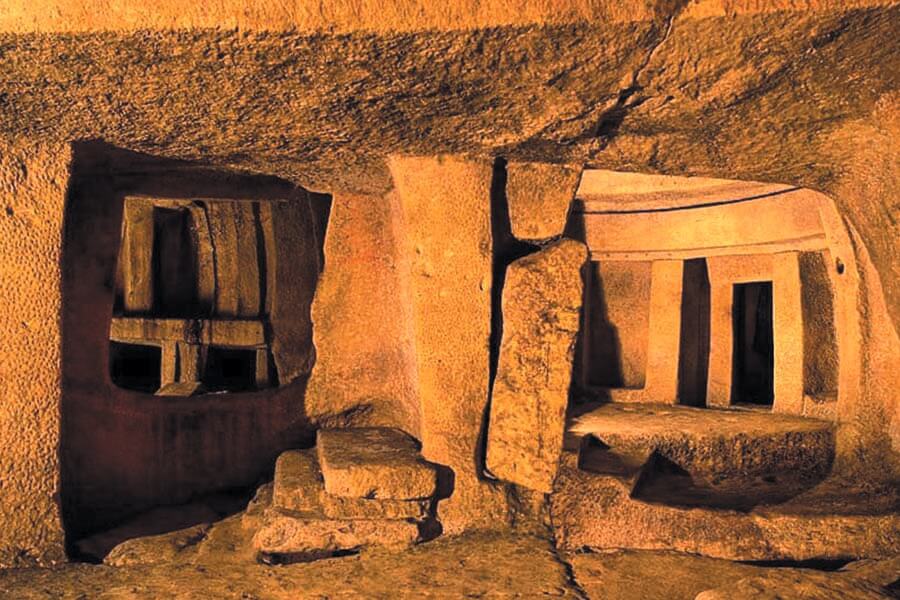
The Hypogeum of Ħal Saflieni » Visit Malta Today
The Ħal Saflieni Hypogeum is a unique gem dating as far back as 4000 BC. The site is an underground complex made up of several interconnecting chambers spread on three levels, located in the village of Paola, Malta (also referred to as Raħal Ġdid locally). The UNESCO World Heritage centre describes it as being of Outstanding Universal Value [ 1].
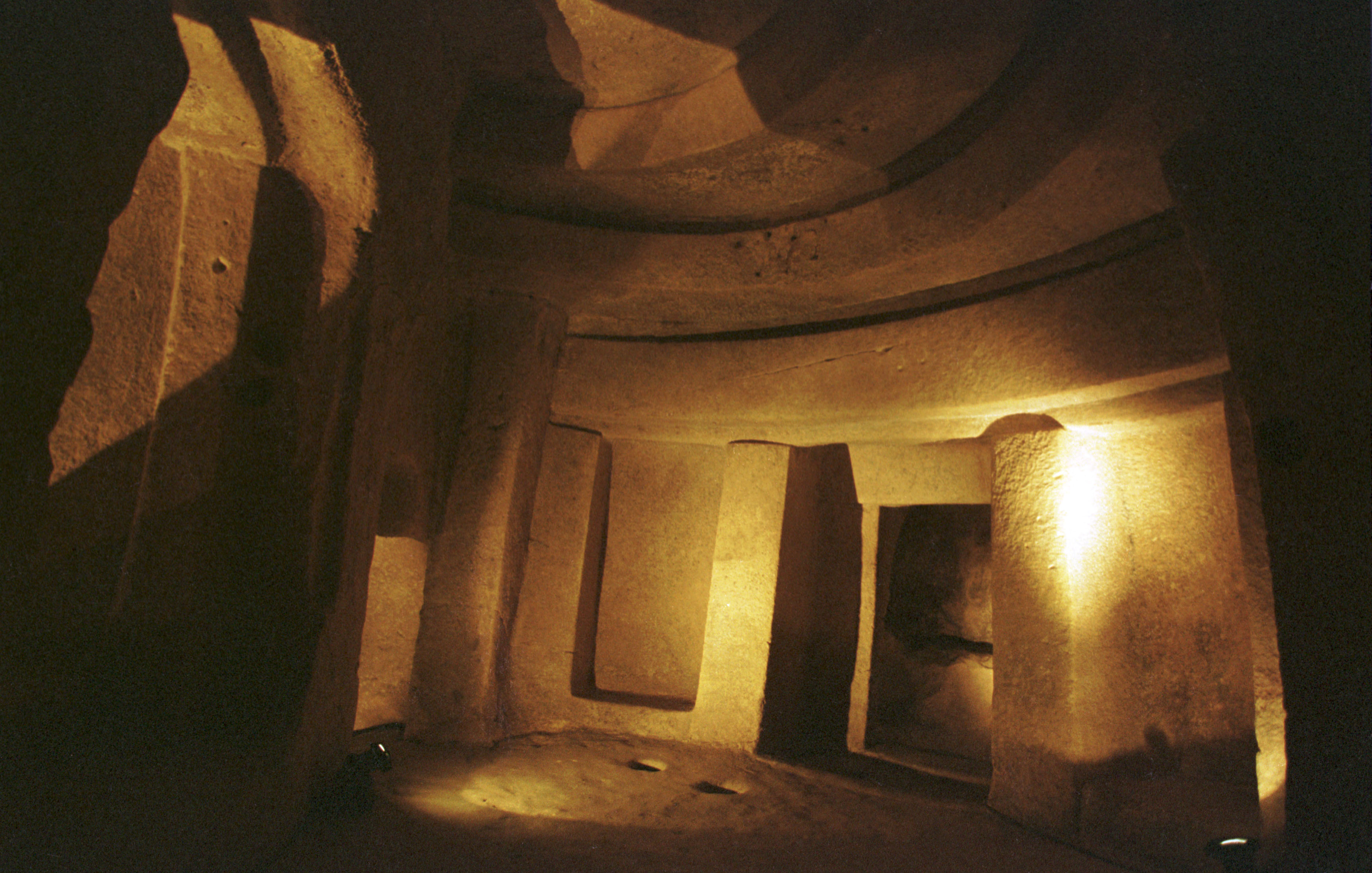
Hal Saflieni Hypogeum Malta Far Horizons
One of the more intriguing stories to come out of the Maltese islands tells of thirty school children who, they say, were forever lost in the hidden underground tunnels accessible from the Hal Saflieni Hypogeum. The tale has even made the headlines in national newspapers.
:max_bytes(150000):strip_icc()/AchamberintheHypogeum_DEAPICTURELIBRARY_GettyImages-e05b1d263b484b7a987a613a27663a33.jpg)
The Top 15 Things to Do on Malta
The Ħal Saflieni Hypogeum is also unique in that certain chambers, notably the "Holy of Holies" have shed light on what the insides of prehistoric structures may have looked like. For instance.

Hypogeum of HalSaflieni, Malta Stock Image C037/6572 Science Photo Library
Many ancient megalithic structures exist in Malta and one of them is the 'Hypogeum of Hal Saflieni', a subterranean structure with magnificent properties that is more than 5,000 years old. The Hypogeum (a Greek word meaning 'underground') is supposed to be the oldest prehistoric underground temple in the world.

'Hypogeum, Hal Saflieni, Unesco World Heritage Site, Malta' Photographic Print Adam Woolfitt
The Hypogeum of Ħal Saflieni ( Maltese pronunciation: [safˈlɪː.nɪ]) is a Neolithic subterranean structure dating to the Saflieni phase (3300 - 3000 BC) in Maltese prehistory, located in Paola, Malta. It is often simply referred to as the Hypogeum ( Maltese: Ipoġew ), literally meaning "underground" in Greek.
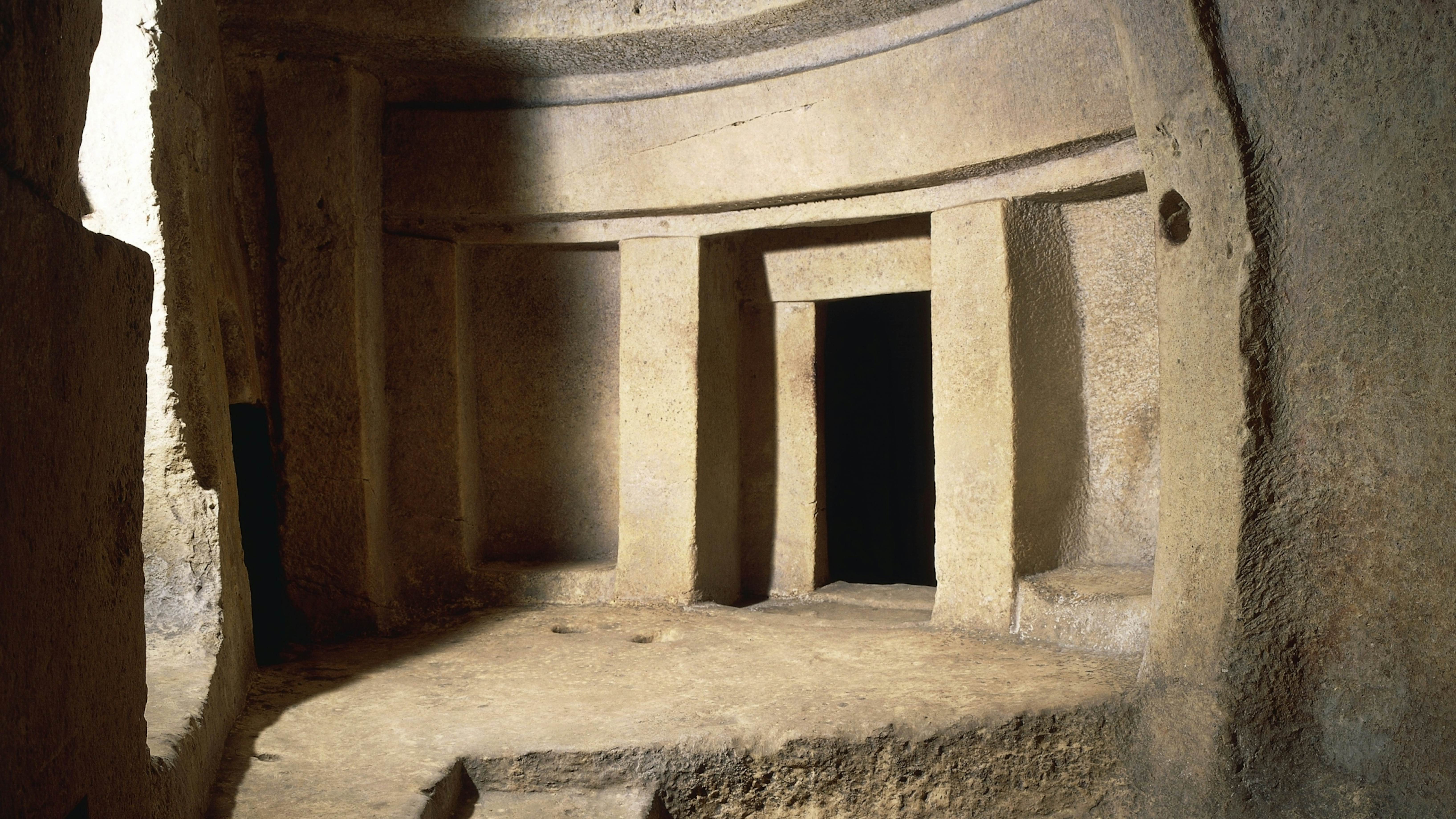
Hal Saflieni Hypogeum Attractions Lonely
Entrance to the Ħal Saflieni Hypogeum is from Triq iċ-Ċimiterju. Visitors should be on-site 15 minutes before the start of their tour. Closed comfortable shoes must be worn. Visitors wearing high heels, sandals or flip flops will strictly not be admitted. Photography and filming are not permitted within the site. The audio-visual show and a small display area are wheelchair accessible.

Hypogeum of HalSaflieni, Malta Stock Image C037/6570 Science Photo Library
The Ħal Saflieni Hypogeum is an outstanding underground burial complex that bears testimony to a civilization that has disappeared. It was in use between 4000 BC and 1500BC. Covering a remarkable 500 square metres, it was amongst the first Maltese entries on the UNESCO World Heritage List together with the Ġgantija Megalithic Site. The Ħal.

The Hal Saflieni Hypogeum, Malta, 30002500 BC. Ancient architecture, Ancient, Ancient buildings
We are talking seriously old! Entrance to the Hal Saflieni Hypogeum. The site was discovered in 1902 when construction workers were putting in a water cistern. It must have come as a bit of a shock to see all those bones. In 1908, the site opened to the public, and since then, it has been visited by thousands of people.

Ħal Saflieni Hypogeum Visit Malta's Ancient Neolithic Underground Burial Complex
The remarkable subterranean architecture of the Ħal Saflieni Hypogeum on Malta has generated many claims about its dramatic acoustic effects, but previous studies have lacked rigour. A systematic, methodical approach has now been applied to measure the acoustic properties of the site, and to test earlier assertions.
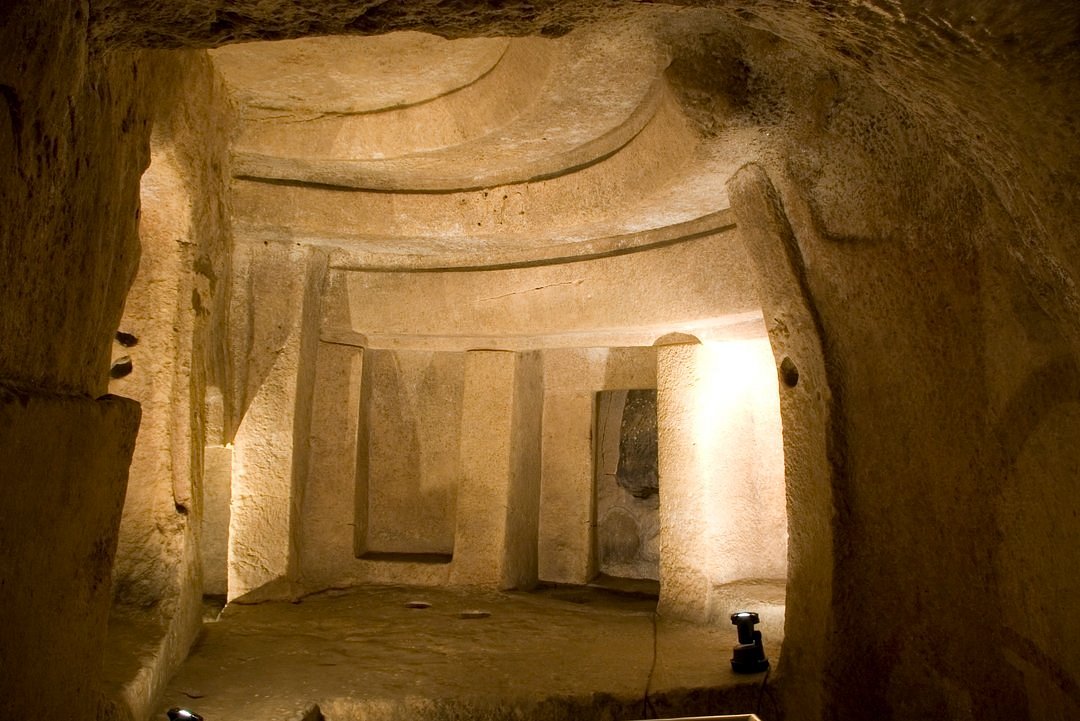
Hal Saflieni Hypogeum, Paola
The Ħal Saflieni Hypogeum is an underground prehistoric burial site, a complex made up of interconnecting rock-cut chambers set on three distinct levels. Earliest remains at the site date back to about 4000BC, and the complex was used over a span of many centuries, up to c. 2500 BC. The Hypogeum was first opened to the public in 1908.
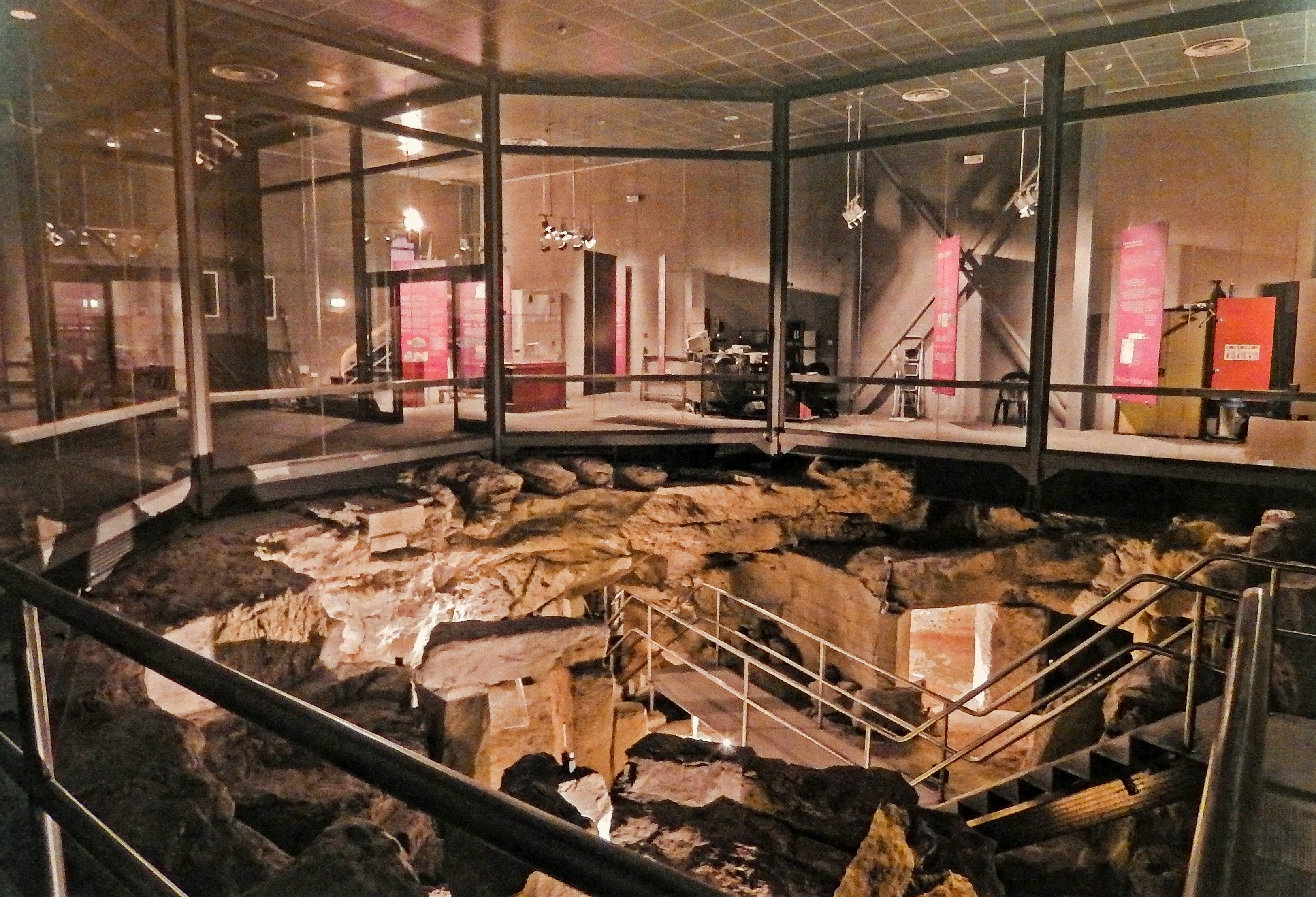
Hal Saflieni Hypogeum Malta
Hal Saflieni Hypogeum Tours and Tickets. The Ħal Saflieni Hypogeum, the only known prehistoric underground temple in the world, used between 4000 BC and 2500 BC, is remarkably well preserved. Located in the Maltese town of Paola, it's the most impressive of the archipelago's many Neolithic remains and protected as a UNESCO World Heritage Site.
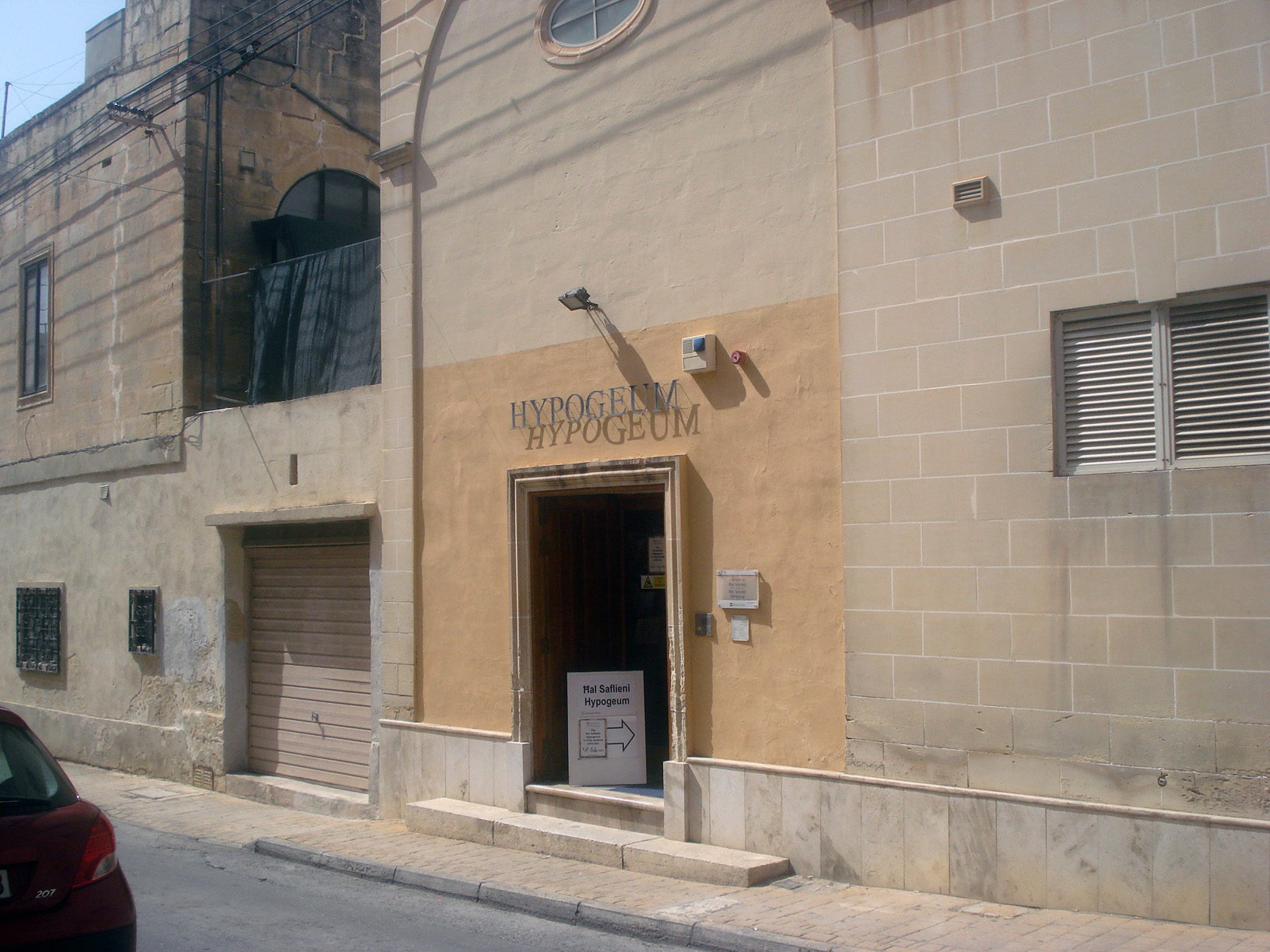
Entrance, Hal Saflieni Hypogeum, Malta, Landolia, a World of Photos
The Ħal Saflieni Hypogeum is a subterranean structure testifying to the artistic and architectural accomplishments of Malta's Neolithic society. The underground cemetery was cut into the rock and resembles the architecture used in the temples above ground. It was in use from around 4000 BC to 2500 BCE.
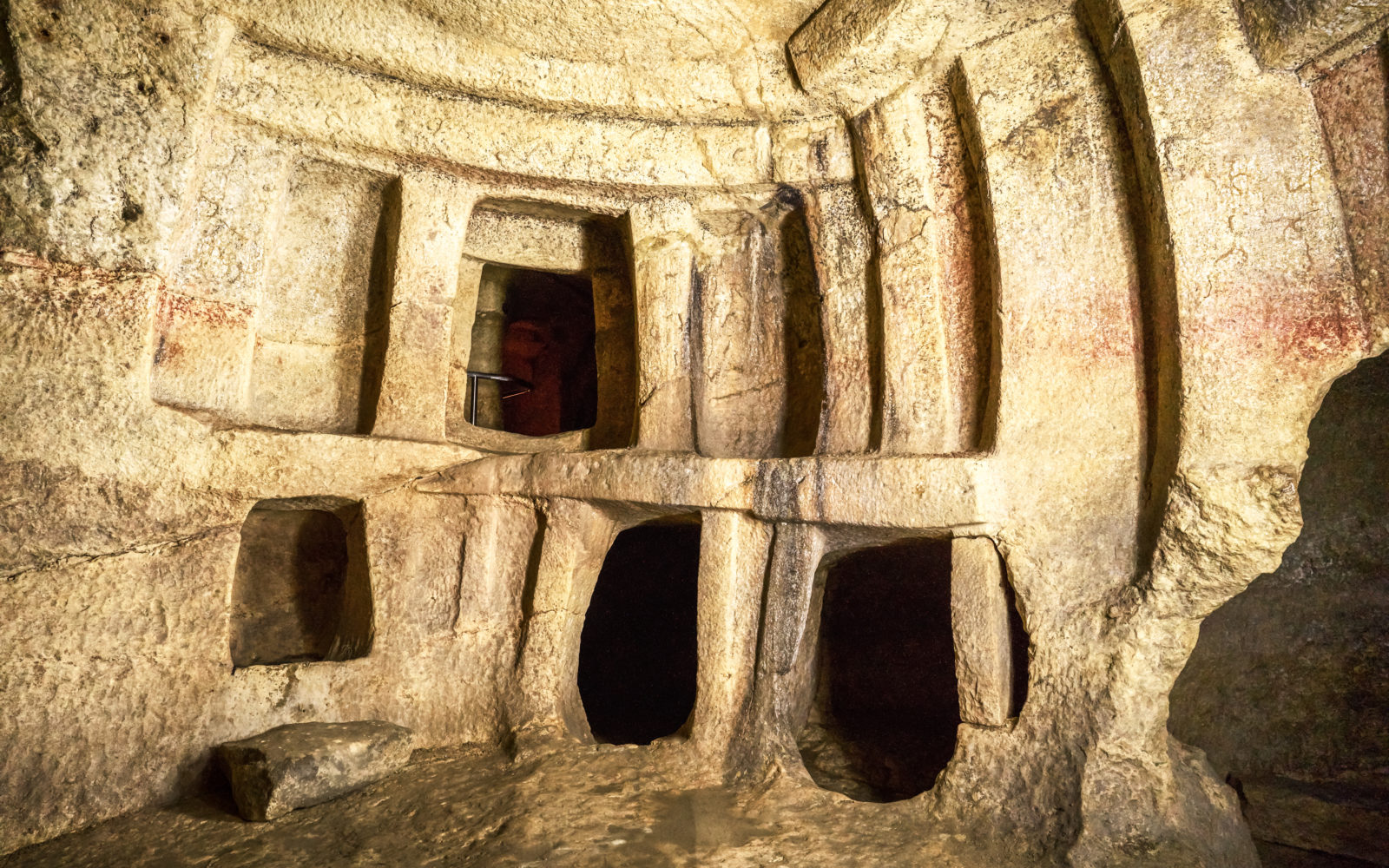
Ħal Saflieni Hypogeum Quality Assured Malta
The Hypogeum of Ħal Saflieni is a Neolithic subterranean structure dating to the Saflieni phase (3300 - 4000 BC) in Maltese prehistory, located in Paola, Malta. It is often simply referred to as the Hypogeum (Maltese: Ipoġew), literally meaning "underground" in Greek. The Hypogeum is thought to have been a sanctuary and necropolis, with.
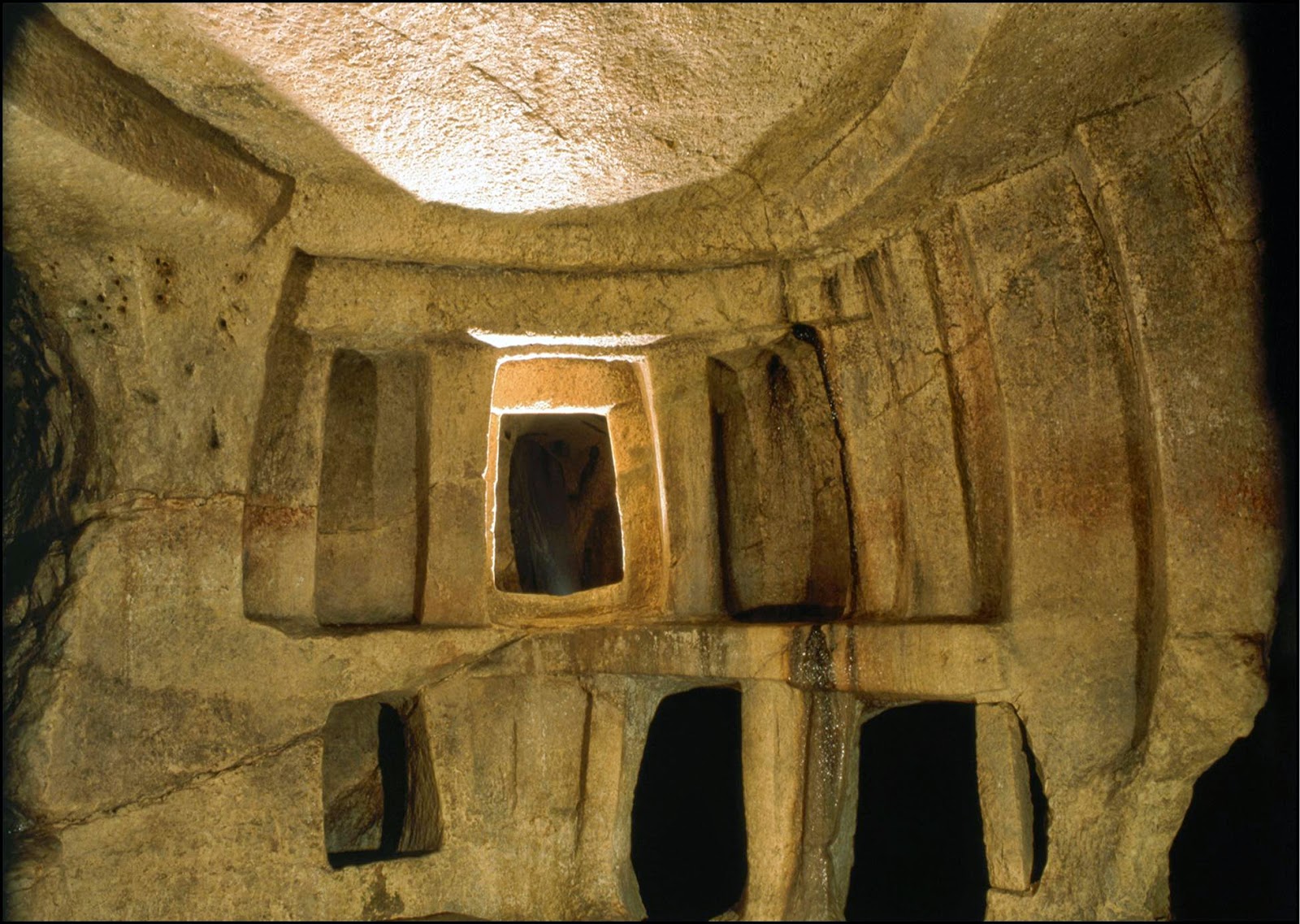
Diário das Viagens .MALTA HYPOGEUM DE HAL SAFLIENI E OS TEMPLOS DE MNAJDRA E HAGAR QIM
Hypogeum in Malta, also known as Ħal Saflieni Hypogeum is one of Malta's oldest burial ground dating back to 4000 BC. Why not take the opportunity to visit the world's most fascinating underground burial site while on your holiday in Malta. For those who love history, Hypogeum is a must.

MY UNESCO WHS POSTCARDS COLLECTION MALTA Hal Saflieni Hypogeum
What is Ħal Saflieni Hypogeum? The Ħal Saflieni Hypogeum in Malta is a neolithic burial site, one of the UNESCO World Heritage Sites.. Buying tickets: To visit the Hal Saflieni Hypogeum, buy tickets online. Adult tickets cost 30 euros per person. The number of visitors each day is limited, so tickets often sell out.
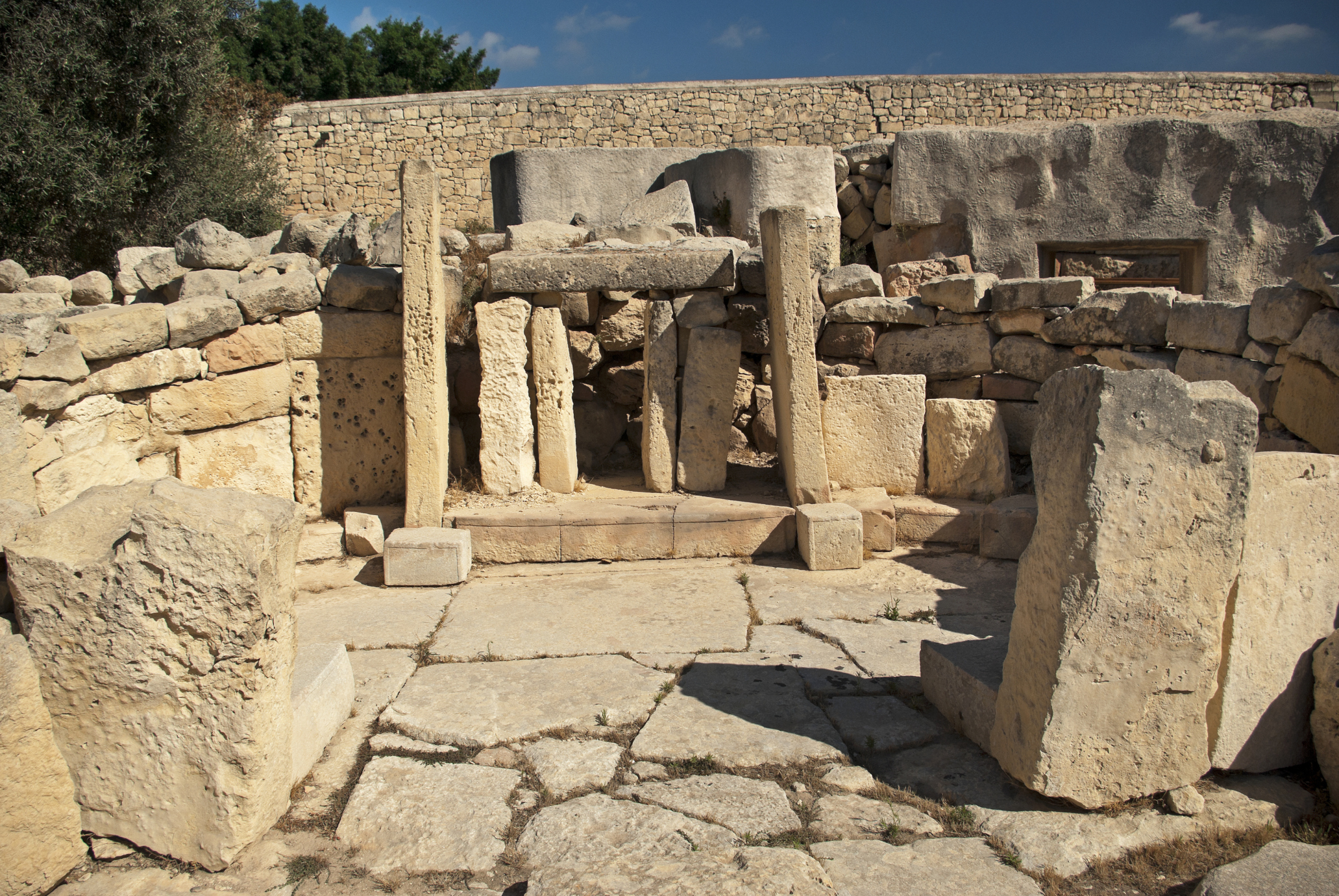
Tarxien Temples Hal Saflieni Hypogeum & Tarxien Temples, Malta Hal Saflieni Hypogeum & Tarxien
Transcript. The underground wonder of Hal Saflieni Hypogeum, Malta. People have lived on the islands of Malta since at least the 5th millennium BCE. These early inhabitants built several megalithic temples that are considered to be among the world's oldest and best examples of prehistoric architecture. In 1902, construction workers digging.